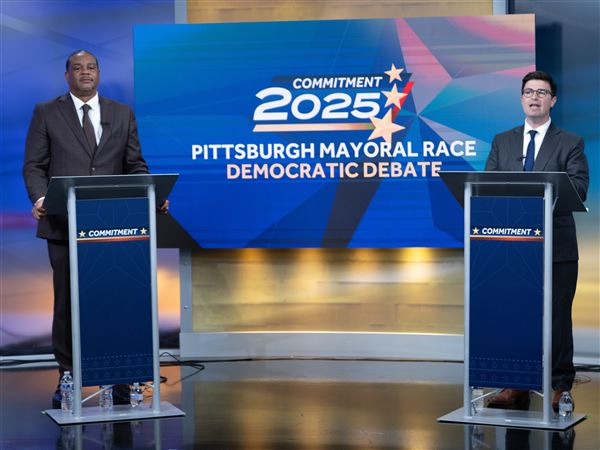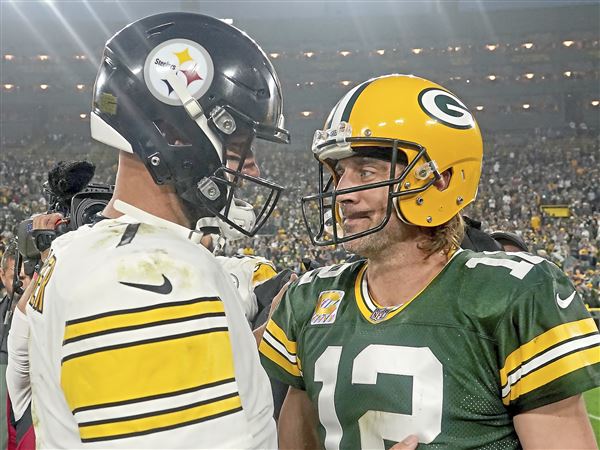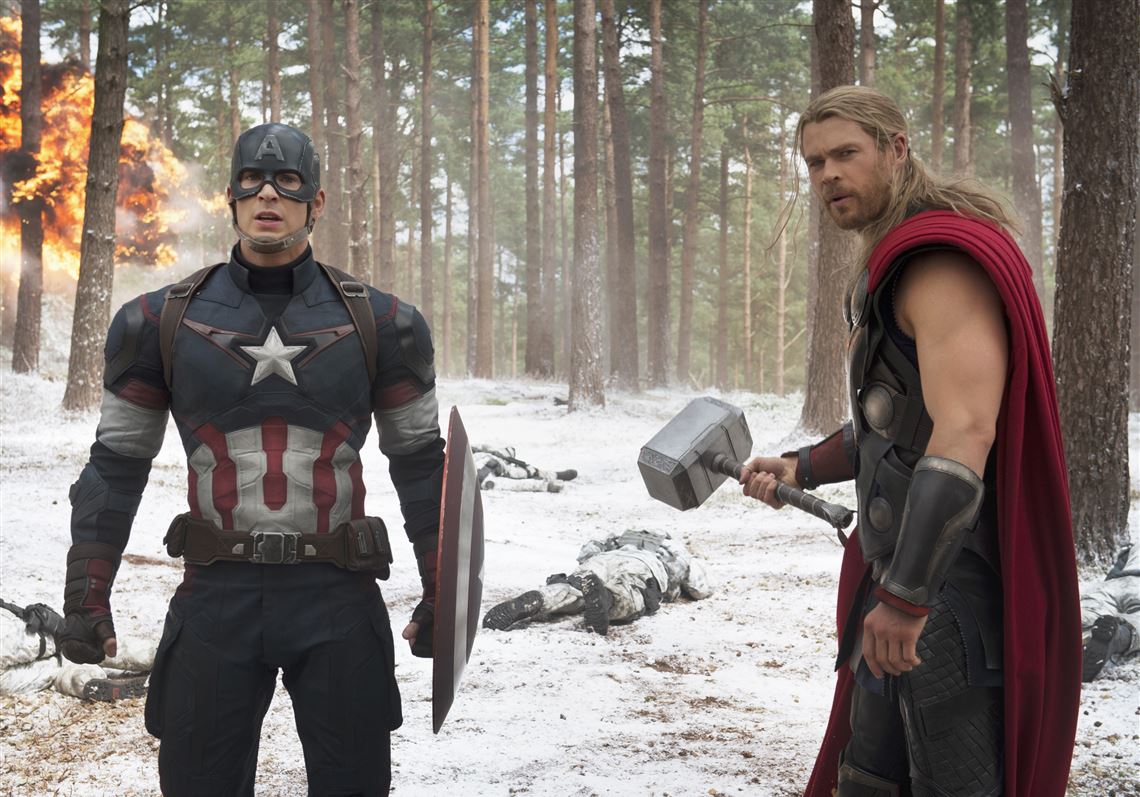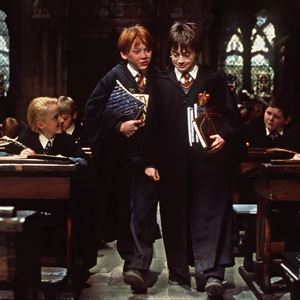The Marvel Cinematic Universe may be plagued by forgettable villains, but the recently released “Avengers: Infinity War” antagonist, Thanos, has a secret weapon: music.
He has an honest-to-god recognizable motif. Watchers get their first taste of composer Alan Silvestri’s music for Thanos during the opening logo of the film — which has crossed the billion dollar box office threshold — a rumbling, ominous, descending minor second interval shaped with a swell toward the note change.
Simple. Yet elegant.
This nugget of melody recurs throughout the film, adapted to different instruments, registers and keys, ballooning into a sweeping orchestral paean with surprising pathos and warmth at the death of a significant character and interjecting as an aggressive spat from the brass during action scenes. It’s constantly in the background, the very fabric of the film, a menacing reminder of the antagonist’s all-encompassing ambitions.
This is the soundtrack’s redeeming quality. There are very few motifs or themes in the MCU that have enough individuality to retain concrete associations with a character once the movie is over.
Unlike other blockbuster franchises of yore (”Star Wars,” “Harry Potter,” “Lord of the Rings.” etc.), you don’t walk out of a theater whistling Marvel tunes. Or if you do, you forget them in about 10 minutes.
One reason might be that out of 19 Marvel movies to date, there have been 13 composers. It’s difficult though not impossible to build continuity with so many changes, though many of these movies encompass their own individual stories that needn’t connect with the others. But rather than giving each film or character a truly individual tune, the MCU has painted every hero with the same harmonic brush.
Almost every superhero theme is scored with a fanfare-like brass melody in a minor key that uses diatonic or chromatic major chords to give it a noble, hopeful feel (often Major VI or Major IV). They’re uniformly in an upbeat tempo, often with strings accompanying with quick arpeggios or tremolos, with woodwinds and sometimes choir embellishing, and, if we’re lucky, a bit of counterpoint thrown in when the theme repeats. (Almost any Marvel theme will demonstrate this; check out Doctor Strange’s melody by Michael Giacchino below.)
Much like the inescapable mold of Marvel’s plots, the musical themes all sound as though they’re cut from the same pattern. There are exceptions of course, notably Ramin Djawadi’s “Iron Man,” Henry Jackman’s “Captain America: The Winter Soldier,” and more recently, Ludwig Goransson’s “Black Panther.”
What a missed opportunity.
Getting back to “Infinity War,” the latest addition to the MCU music cannon is a solid soundtrack, especially given its deft handling of Thanos’ material. One of the best moments of the film is when Captain America first appears, and Mr. Silvestri quotes his original Avengers theme, one of the only really excellent motifs in the franchise (listen below). It’s the touch of nostalgia that really sells that scene, reminding you of the character’s history and capturing the essence of the first film in a few seconds of music.
Similarly, when the Wakanda motif from the “Black Panther” soundtrack plays (below) when a group of heroes arrives to that fictional, Afro-futurist land, it immediately feels familiar and comfortable to those that have seen the movie. The Guardians’ of the Galaxy first entrance is heralded by The Spinners’ “The Rubberband Man,” a great nod to the retro music that features in their two films (which frankly is far more fun than the cookie-cutter hero theme composed by Tyler Bates).
But the soundtrack — and the film itself — could have benefited from more such musical nods and Easter eggs. Doctor Strange’s and Spider-Man’s themes could have easily been folded in for their respective entrances, for example. (Let’s not pretend Marvel/Disney couldn’t have afforded to pay other franchise composers to use their music in “Infinity War.”) With so many characters and narrative threads, the music could have even helped orient viewers. Carried out to excess, this could draw too much attention to the score, but Mr. Silvestri demonstrates that he’s capable of doing this subtly.
The composer nods to his own former material throughout the score but is entirely too sparing in his use of material from the franchise’s other installments. “Infinity War” is a solid soundtrack, though it doesn’t take any risks in favor of staying homogenous with the rest of the films, compelling as Thanos’ minor second motif may be. In an over-the-top, brassy franchise like this filled with larger-than-life characters that all quip with remarkable speed and similarity, it’s a crying shame not to have given their individual music more creative personality.
Jeremy Reynolds: jreynolds@post-gazette.com or 412-263-1634; twitter: @Reynolds_PG. Mr. Reynolds' work at the Post-Gazette is supported in part by a grant from the San Francisco Conservatory of Music, the Getty Foundation, and the Rubin Institute.
First Published: May 9, 2018, 3:30 p.m.


















